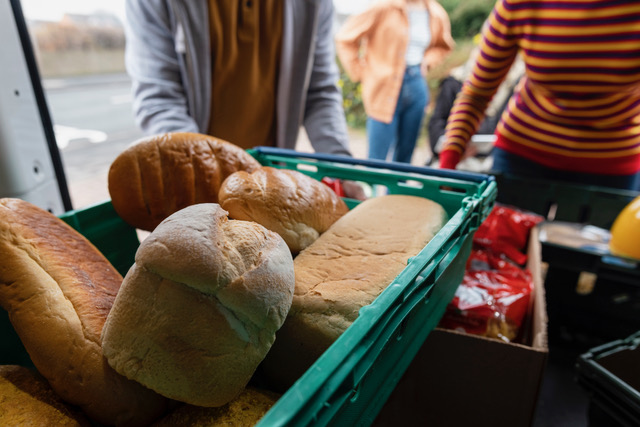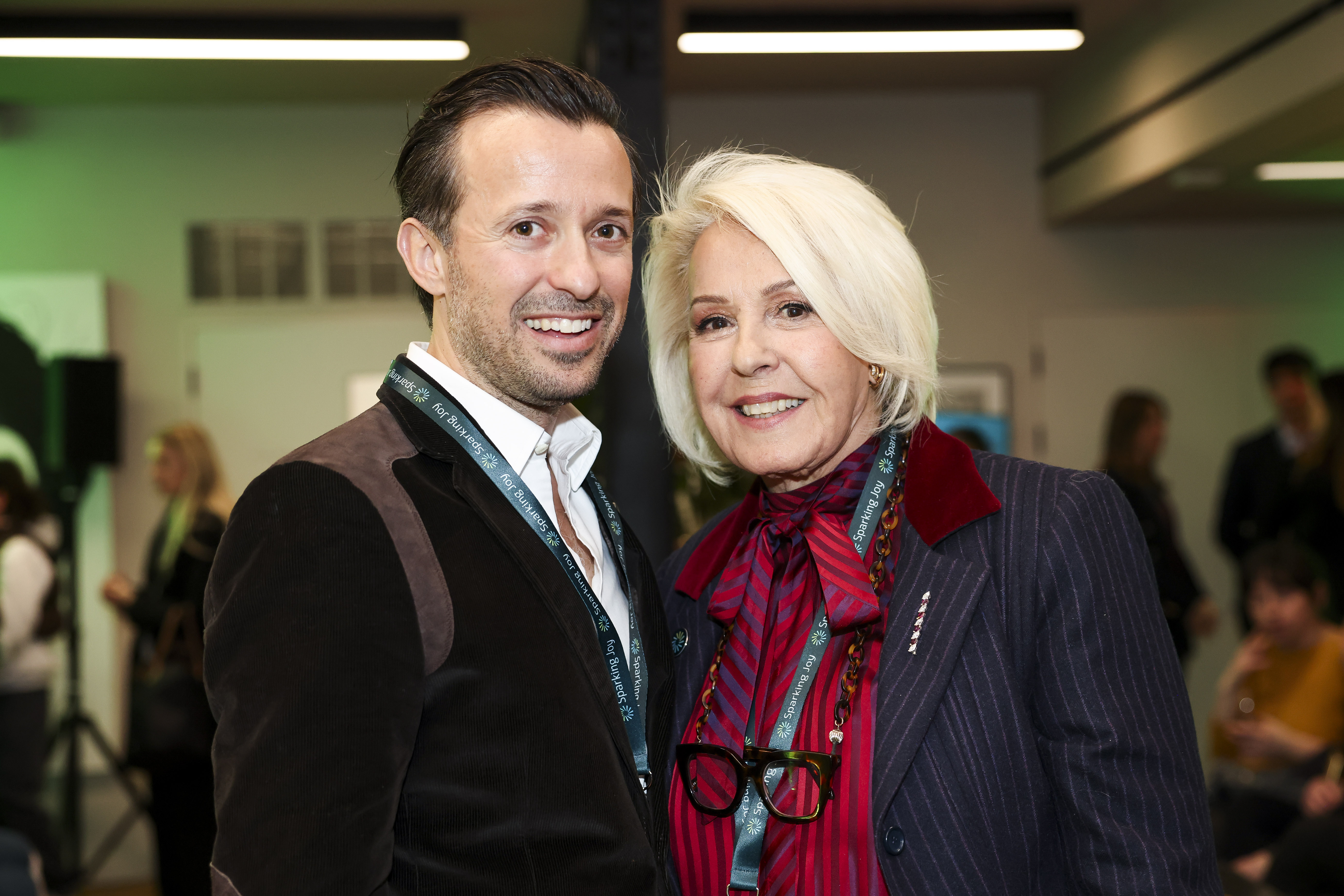Supermarkets and other food business are using charities to dump inedible food, research based on the views of food aid workers is warning.
More than three million people use food banks and other food aid organisations a year to access items redistributed by supermarkets and other food businesses, such as wholesalers.
But nine in ten food aid workers surveyed say they have had to discard food donations “usually for being damaged, inedible or unsuitable”.
More than four in five charity workers in this sector said they feel “frustrated, angry or sad” when they receive items they are unable to redistribute.
“In theory, redistribution provides a low-cost way for retailers and other food businesses to dispose of food surplus, said a report into the research that has been published by green charity Feedback Global.
“While supply food aid organisations with food that is vitally needed to meet basic needs amid low pay, poverty and the cost-of-living crisis.”
However, it found “evidence that businesses often use redistribution to dump food that is inedible, damaged or unsuitable for consumption”.
“By ‘passing the buck’ of unsuitable food surplus onto food aid organisations, food businesses avoid taking responsibility for their waste, and the costs of disposing of it,” it added.
Food aid worker concerns
One food aid worker surveyed said: “I think it is wrong that supermarkets can record ‘0’ waste when actually we, as a food bank are having to dispose of their waste.”
Another, from a small independent good back, said they were “cross that the supermarket has not already checked” donated food, instead of “leaving it for us to dispose of.
One worker said that supermarkets and other food firms often fail to understand the needs of charities, who are often unable to store and redistribute chilled or fresh food.
“Supermarkets insist we take everything in one go,” they said.
“We cannot take just the bread so we are forced to take food we cannot use.”
They added they must discard around half food donations made, “despite informing the retailier that it could not accept foods that need refrigeration”.
The report said that food aid workers “felt there was injustice in this scenario where the retailer may appear to be fulfilling corporate social responsibility objectives but continued to hand off food that was inappropriate and was ultimately wasted.
Charities also reported that they are having to deal with the cost of disposing of damaged or unusable food that is being donated.
“A banana delivery turned out to be rotten and ruined the carpet, costing £375 to clean”, said one aid worker.
Food waste levy
Feedback Global is calling for a levy which retailers must pay in relation to food wasted within their supply chain to “encourage joined up collaboration”.
There should also be mandatory reporting of food waste for large and medium businesses throughout the supply chain.
Sources of discarded food include supermarkets, wholesalers and food distribution charity FareShare, which works with the food industry to supply more than 8,000 charities and community groups.
A Fareshare spokesperson said that “more than 96% of the food we receive is redistributed”
“Our regional warehouses have processes and relationships for when any surplus food cannot be consumed, with this food diverted to animal feed or anaerobic digestion,” they said.
The spokesperson added: “Charities consistently tell us how vital this support is — and that without it, over 70% would face serious financial strain, with more than half at risk of scaling back or closing their food services altogether.
“Not all groups can manage chilled or bulk items, so we’re working with food businesses to turn surplus into smaller packs, cooked meals and longer-life products.
“We’re also calling for mandatory food waste reporting and greater support for farmers. Good food should never go to waste — and should always go where it can do the most good.”
Latest News
-
Charities should deploy AI ‘around real user needs’ not ‘internal assumptions’, says report
-
Improved NHS mental health support prompts charity’s closure
-
Scramble to house 87 people following homelessness charity’s sudden closure
-
Philanthropist hands health charity record £1m donation
-
OSCR’s transparency changes come into force this month
-
Monday movers - 2 March
Charity Times video Q&A: In conversation with Hilda Hayo, CEO of Dementia UK
Charity Times editor, Lauren Weymouth, is joined by Dementia UK CEO, Hilda Hayo to discuss why the charity receives such high workplace satisfaction results, what a positive working culture looks like and the importance of lived experience among staff. The pair talk about challenges facing the charity, the impact felt by the pandemic and how it's striving to overcome obstacles and continue to be a highly impactful organisation for anybody affected by dementia.
Charity Times Awards 2023
Mitigating risk and reducing claims

The cost-of-living crisis is impacting charities in a number of ways, including the risks they take. Endsleigh Insurance’s* senior risk management consultant Scott Crichton joins Charity Times to discuss the ramifications of prioritising certain types of risk over others, the financial implications risk can have if not managed properly, and tips for charities to help manage those risks.
* Coming soon… Howden, the new name for Endsleigh.
* Coming soon… Howden, the new name for Endsleigh.
Better Society

© 2021 Perspective Publishing Privacy & Cookies














Recent Stories